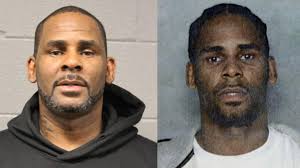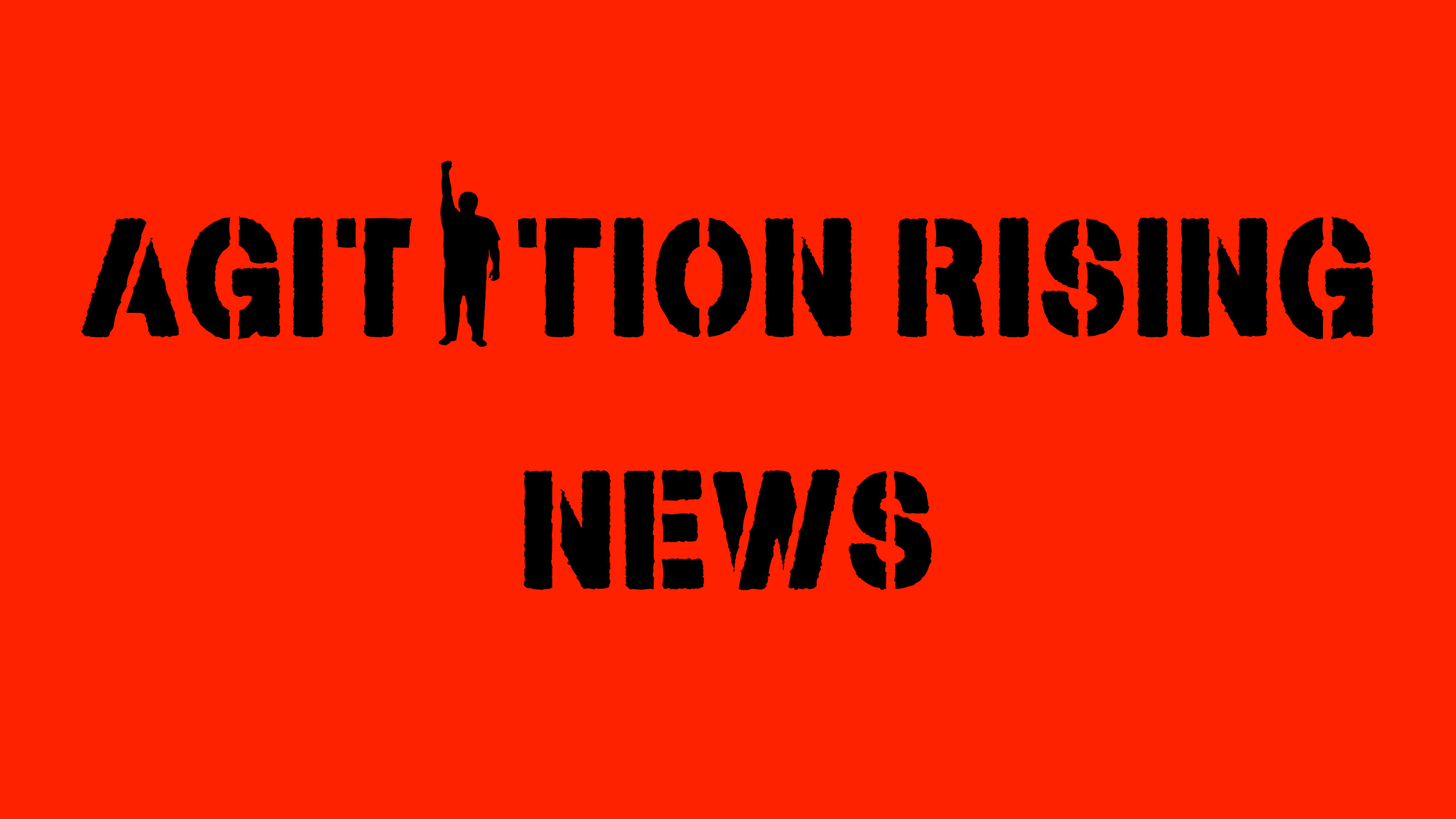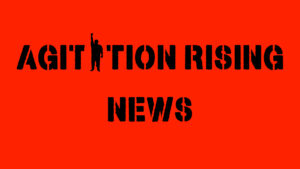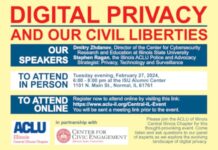“And the sentence that condemns or acquits is not simply a judgment of guilt, a legal decision that lays down punishment; it bears within it an assessment of normality and a technical prescription for a possible normalization.”
– Michel Foucault1

In the CBS News interview with R. Kelly, Gayle King made the statement:
“The past is relevant with you and underage girls.”
“Absolutely, no it’s not.” Kelly responded.
“Why [is it not relevant]?”
“Because, for one, I beat my case.” he stated referring to his 2008 acquittal of 15 child pornography charges. “When you beat something, you beat it. We can’t double jeopardy me like that. It’s not fair to nobody. When you beat your case you beat your case.” Kelly said tautologically.
The implication here seems to be that because he was acquitted by the judicial system under the rules of due process, this means his viewpoint, his truth is true, and, furthermore, the legal prohibition on putting a judicial subject 2 in double jeopardy3 should guarantee this truth an unendingly stable status as the truth. His side of the story won the day in court, which gives it a legitimate truth-content. Or, so R. Kelly says.
We are reminded by the apologists that Kelly is innocent until proven guilty–that R. Kelly won his previous court case in 2008. This presumption of innocence is supposed to guarantee that a judicial subject has the right to exist unimpeded by the state.4 We are told we must suspend judgment until after a new trial has occurred.5We are reassured that the purest truth regarding this matter, or a truth that is true in and of itself, can only be found within the framework of due process of law. R. Kelly and other apologists would like you to believe that the negative truth of the judicial system is a higher form of truth waiting to be discovered and that the presumption of innocence renders facts in a state of flux until they’ve been put to the test of judicial practices. Due process of law guarantees a minimum of three things occur before the government can infringe upon a judicial subject’s right to life, liberty, & property. According to constitutional law professor Elizabeth Price Foley, they are, “One is having some sort of notice of the charges that are being levied against you. The second one is having an opportunity to rebut those charges. And then the third one is having some sort of neutral decision maker to hear the charges and make whatever ruling is appropriate.” In the judicial system, due process is the magic armor of legitimacy that enshrouds the trial allowing a (theoretical) form of truth to develop. Legal experts & rape apologists decry this “era of #MeToo”, where alleged rapists are tried, convicted, & executed not by the cold, disaffected–almost sterile–judgments of the judicial system, but by the barbarous, irrational public body itself.6 The emperors have “no clothes on” with the death of due process. Specters of rabid lynch mobs executing any accuser are conjured to scare young men.
But to take a step back, due process of law only applies to the government’s actions towards judicial subjects, not the actions or beliefs of other individuals or society at-large. Due process means the government is supposed to abide by the above set of prescriptions when threatening to limit a judicial subject’s freedom. “Due process does not mean you have the right to be believed, just that you have the right to be heard.”7 Whether people like it or not, there are no constitutional protections against a bad reputation. In fact, the law does provide remedies between private parties; if someone like R. Kelly really wants to challenge the accusations against him, he could take these accusers to civil court where everyone would be able to testify under oath. However, the burden of proof would be on R. Kelly himself to prove these accusations are false. R. Kelly (and many powerful alleged abusers) tend to avoid this, preferring to use non-disclosure agreements and money settlements to keep accusers quiet.8
At the same time, a judicial trial establishes whether the accused judicial subject is criminally or civilly liable for an action. The judicial system is primarily a means for determining the government’s response to an event. Society expects a certain standard, a process whereby grievances can be assigned as legitimate or not, and this process is the judicial system. Society relies on judicial techniques to answer the questions: “Who did what?”, “Under what circumstances?”, “At what moment?”And due process is answering the question how much process is due by the government in order to determine with accuracy whether 1) a judicial subject is liable for an action, and 2) if liable, what consequences is the government permitted to impose on said subject. The various methods, techniques, and rules that accompany a trial are the very process due to any subject threatened by the government. (If the subject is indigent, the government must provide an attorney at no charge; if the subject claims to be mentally unfit, the government must perform tests to determine this; if the subject invokes their right to trial by jury, the government must assemble a jury of impartial peers; if the subject chooses to remain silent, the government cannot compel them to speak.) The stakes in a criminal trial are incredibly high. If R. Kelly is found guilty and therefore liable for the crimes he’s accused of, he will easily spend the rest of his life in prison. Therefore, it stands to reason that the government must be able to prove beyond a reasonable doubt whether Kelly is guilty or not.
While due process does facilitate a kind of truth production, these truths may obfuscate what actually occurred. For example, there are situations where a subject admits to committing certain illegal acts, but is not found criminally liable for those acts,9 or did not commit a specific act but is found to be liable for it.10 In some instances, truth-values invented at court can change several times; or, as is much more common, the facts carry multiple truth-values that contradict each other but compete over which perspective is most dominant. In the Surviving R. Kelly docuseries, a white juror from Kelly’s 2008 trial revealed that despite several black women, like Lisa van Allen, testifying to the sexual abuse of minors by Kelly, the juror didn’t like the way she looked or dressed so he disregarded everything she said. This is an instance where van Allen’s facts were shrouded by forms of racism and sexism. (One of the themes of the docuseries is how black women are systematically delegitimized and their truths devalued). On rare instances, and usually against enormous political power, there are even situations where the truth-value of criminal or civil liability is entirely reversed e.g., the Central Park 5, a case involving 5 juvenile males–all of whom are people of color. A white woman was brutally, sexually assaulted while jogging in New York’s Central Park and left in a coma for several weeks. The 5 juveniles were coerced into confessing and spent between 6-13 years in prison until another man already serving time in prison confessed. His DNA was later confirmed to be that of the woman’s rapist and the 5 men falsely convicted had their convictions vacated.11 Another example, in the opposite direction of innocence, would be OJ Simpson.
We often think of due process in a societal sense, letting the legal definition bleed over into the wider cultural, social, and political institutions. “Don’t rush to judgment.” Here, the question is not one of criminal liability; “the question is whether given the quality of the allegations, the person against whom the allegations have been made should remain in the position of trust, confidence, and responsibility which he (and it usually is he) currently holds.12 His apologists may state that these accusations are unjustly making it difficult for him to have career, make a living or maintain his properties. But, the process due to R. Kelly by the venues that cancel his performances or to the record company that dropped him as an artist is very low. If promoters, record labels, and venues don’t feel comfortable supporting Kelly (it may be detrimental to their own reputation and bottom line to associate with an alleged pedophile), it’s because there was a judgment call to make by these groups, a judgment call that isn’t burdened with a high level of due process.13 And, once again, R. Kelly is free to sue any of these entities for wrongful breach of contract, but he would have to prove that in a court of law.
The article isn’t about completely delegitimizing due process. Due process is a worthy thing to fight for, especially as our rights are increasingly infringed upon by an increasingly large state apparatus. But R. Kelly’s history of abusive behavior towards young black girls shouldn’t be ignored just because his previous court case found him not guilty. Despite its ability to create truths, a court room is far from perfect and far from the final say on what is true or false. Any argument placing his accuser’s facts in a state of epistemological limbo until they’ve been tested in court fails to recognize the obvious limitations of the judicial system.
- Foucault, Michel. Discipline and Punish: the Birth of the Prison. Vintage, 2009. 20-21
- Defined here as a possessor of the right to exist, among other rights. Judicial power, therefore, is a negative power against the judicial subject.
- The prohibition on double jeopardy prevents the state from putting a judicial subject through a trial (a state of jeopardy) twice for the same crime and same facts of the crime. For example, a person who robs a bank and is somehow acquitted cannot then return to the same bank and rob it again expecting to be protected by double jeopardy. The facts of the case (i.e., the fact it happened on a different day from the original robbery) would be different.
- Judicial power, therefore, is a negative power against the judicial subject.
- Whoopi Goldberg silenced anyone who attempted to condemn Bill Cosby before he was tried in a court of law, only acquiescing slightly in the aftermath of his conviction. https://www.latimes.com/entertainment/gossip/83954519-132.html
- https://www.creators.com/read/diane-dimond/10/18/due-process-in-the-metoo-era
- Andrea Curcio, law professor, Georgia State University
https://www.vox.com/policy-and-politics/2018/2/11/16999466/what-is-due-process-trump - https://www.vox.com/policy-and-politics/2018/2/11/16999466/what-is-due-process-trump
- A Catholic priests admits to raping children but his acts fall outside the statutes of limitations on civil and criminal liability; a person is deemed mentally unfit for trial and therefore cannot be held liable.
- A neighbor is sued because their dog bit someone; a getaway driver is charged with murder because another member of the criminal act murdered someone.
- Donald Trump took a special interest in this case calling for the death penalty for the 5 teenagers and even paying for a full-page ad against them. To this day, despite the DNA evidence exonerating the men, Trump maintains they are guilty.
- Shira Scheindlin, former United States district judge, Southern District of New York https://www.vox.com/policy-and-politics/2018/2/11/16999466/what-is-due-process-trump
- There is certainly an interesting analysis available on how most corporate structures in capitalism are essentially totalitarian regimes where next to no due process is needed in punishing or terminating individuals. One could say capitalism necessitates this kind of hegemony in order to maximize profits and maintain efficiency. The labor laws which exist currently are constantly under assault from corporations and in the neo-liberal era have almost been rendered null & void.

























